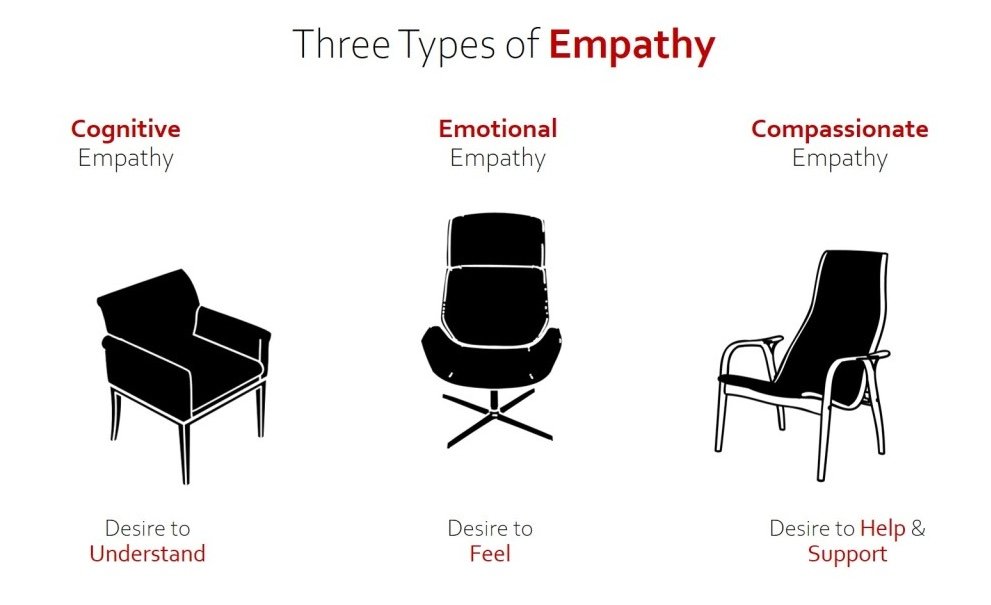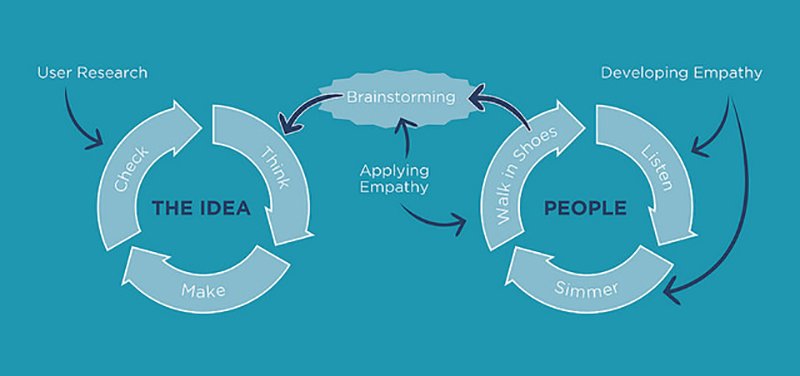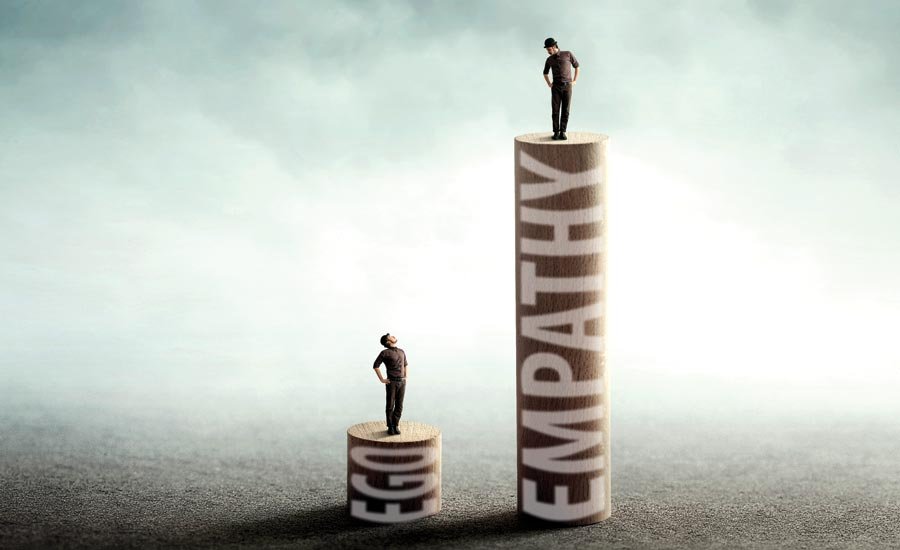No one tells you how hard it is to rewire your brain to allow amazing things to happen after experiencing so much trauma and pain. We can’t change people; we can only invite them to reflect on their behaviour. As a coach who’s human centric, I want to build a bridge towards personal perspectives of being a human-being. No one really prepares you for how challenging it is to rewire your mind to embrace possibility after living through pain or trauma.
Healing takes time, patience, and a deep willingness to imagine something better. As much as we may want to change others, the truth is, we can’t. What we can do is invite reflection, offer perspective, and lead with empathy. As a human-centric coach, my aim is to build bridges towards greater self-awareness, towards others, and ultimately, towards what it truly means to be human.

















